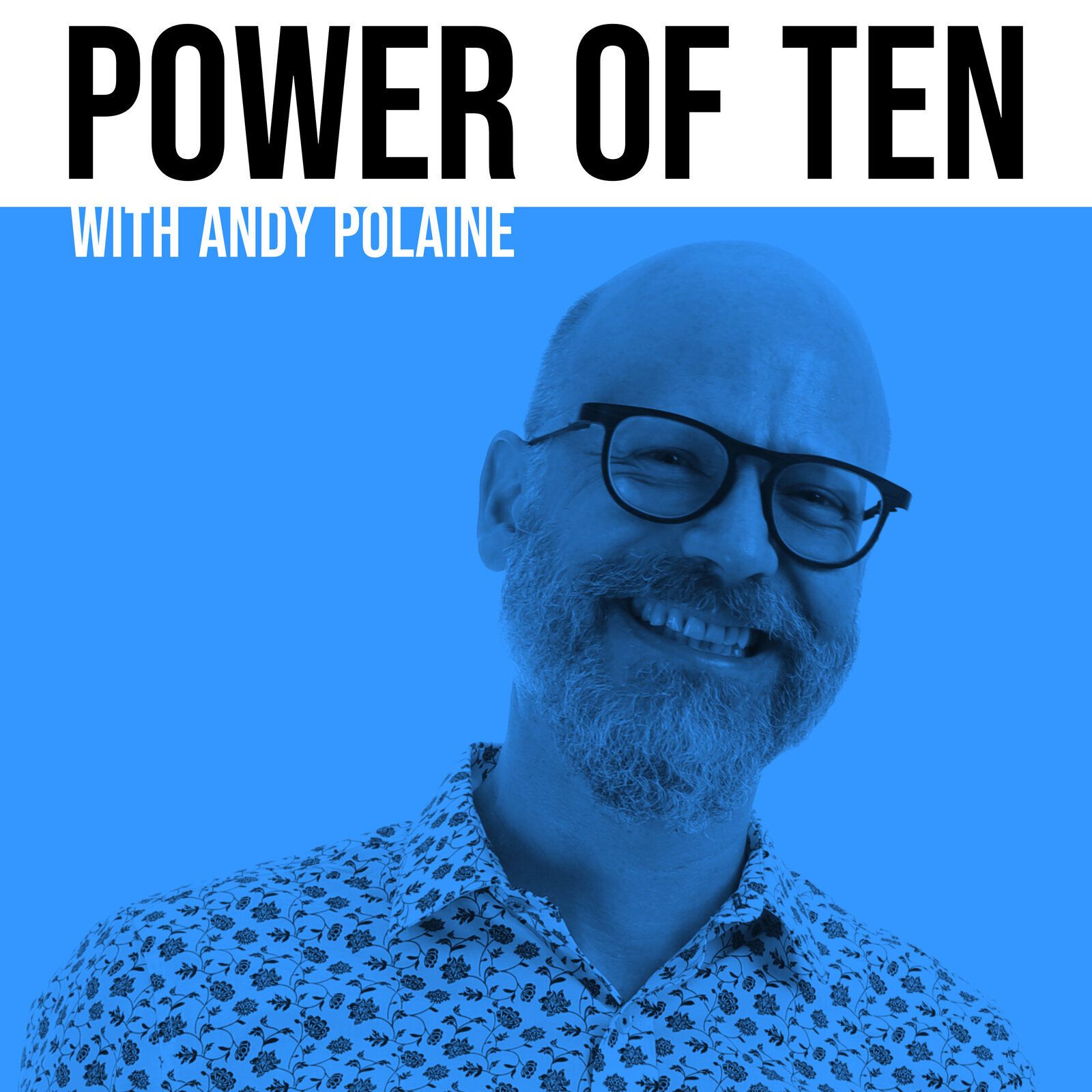Shows

Power of Ten with Andy PolaineThejus Chakravarthy – Make Work Suck LessPower of Ten is a podcast hosted by Andy Polaine about design operating at many levels, zooming out from thoughtful detail through to organisational transformation and on to changes in society and the world.My guest in this episode is Thejus Chakravarthy, an operational consultant that focuses on people, process, and technology, in that order. Currently, he says he has his hands full as the full-time COO of one company and a C-suite consultant for another. His primary focus is on how we can make work suck less. To that end, he spent 15 years designing instructional systems, the last 5...
2022-05-0647 min
The How This Works showThejus ChakravarthyThis show with Thejus Chakravarthy ranges over a wide variety of topics but along the way we find out about his professional and life experiences in making change in the world.
We start with his origins crowning in a cab in Mumbai, India, the ease in which his right shoulder dislocates after a show once upon a time with his hardcore band Lovers and Killers, the joy of Royal Farm (RoFo) fried chicken, and the brilliance of a 'hot now' Krispy Kreme donut. Skipper and Thejus also get into his two books, Brushfire and The Flywheel and...
2021-02-021h 12